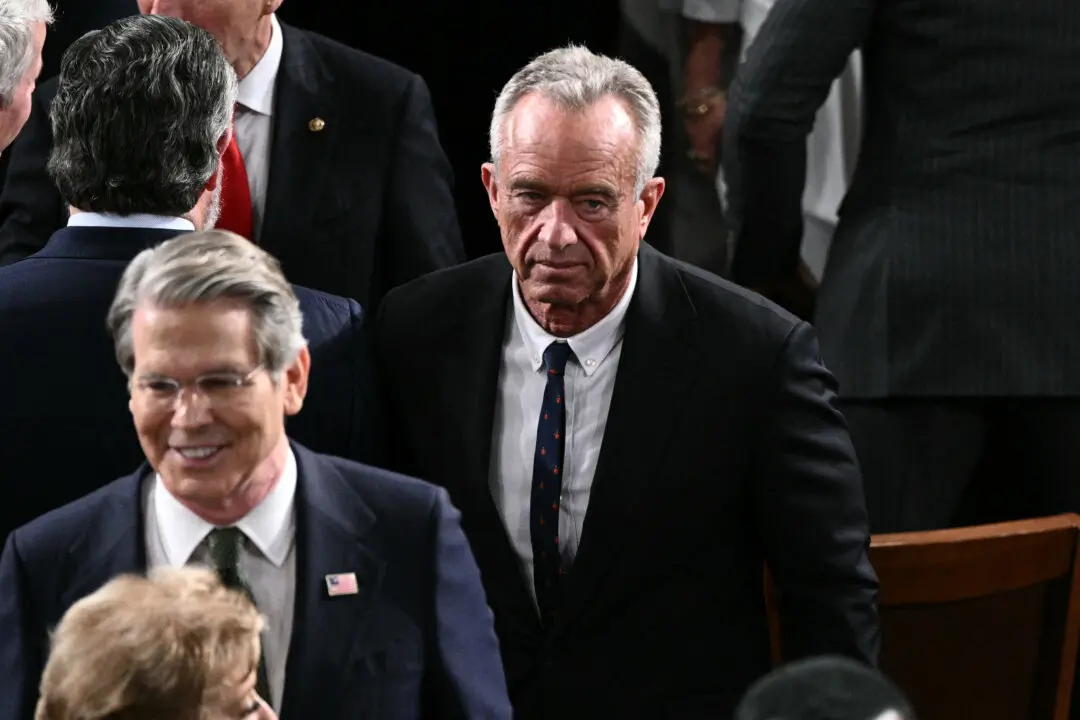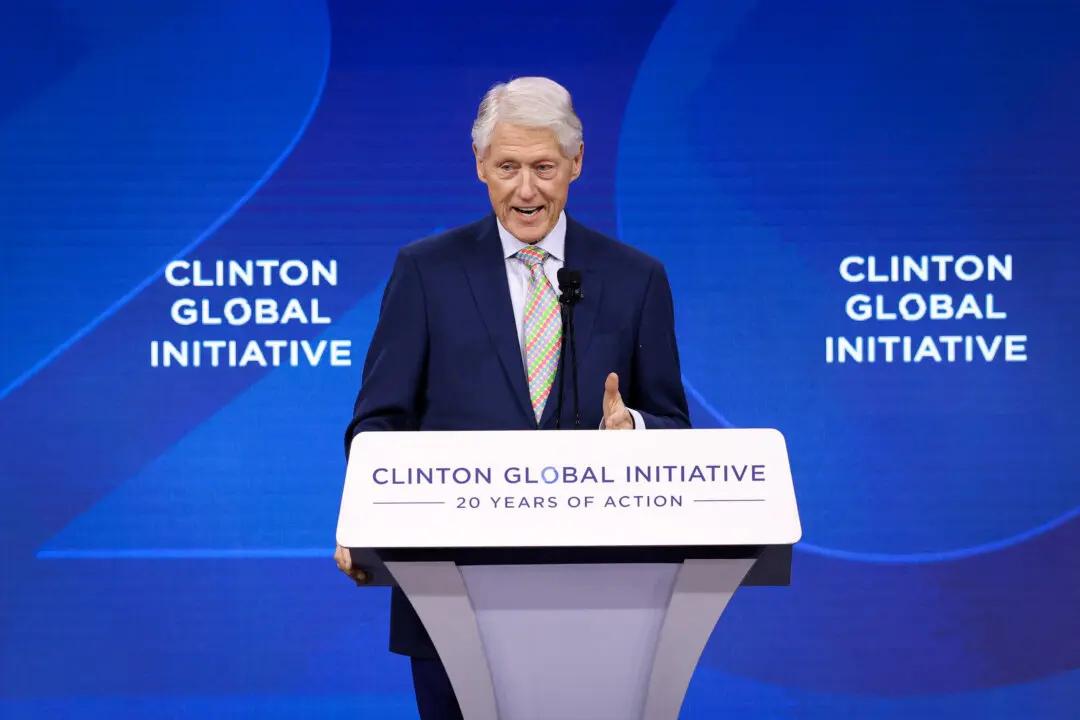The Washington Post quietly has walked back its claims regarding the theory that the virus that causes COVID-19 escaped from a laboratory in Wuhan, China.
The paper in February 2020 published an article claiming the idea was a “conspiracy theory” that had been “debunked.” The article attacked Sen. Tom Cotton (R-Ark.), who called for an investigation into the origins of the CCP (Chinese Communist Party) virus.





